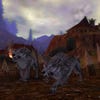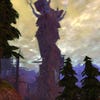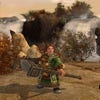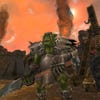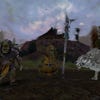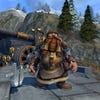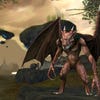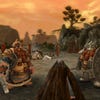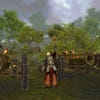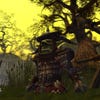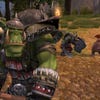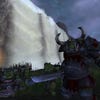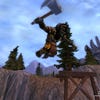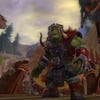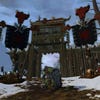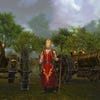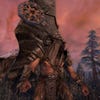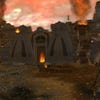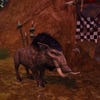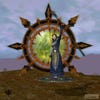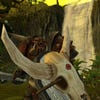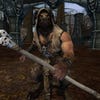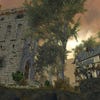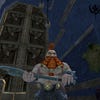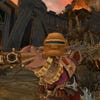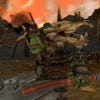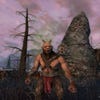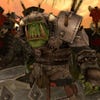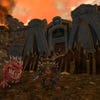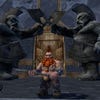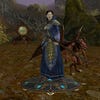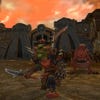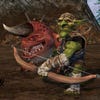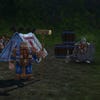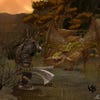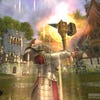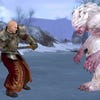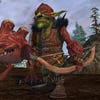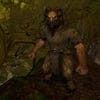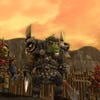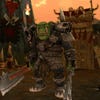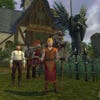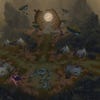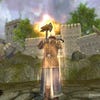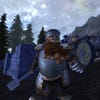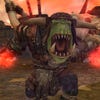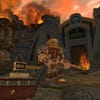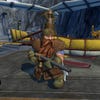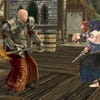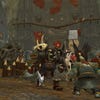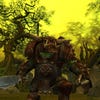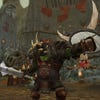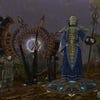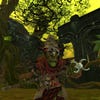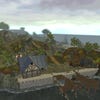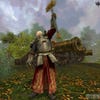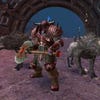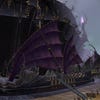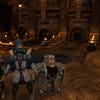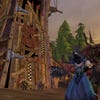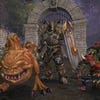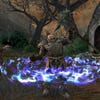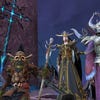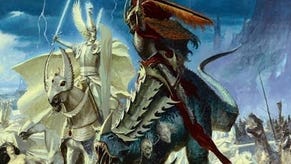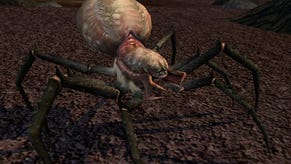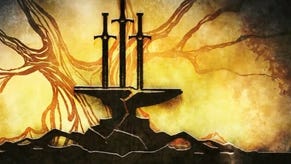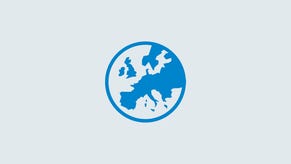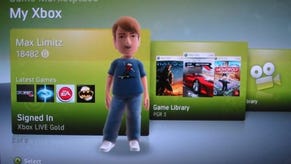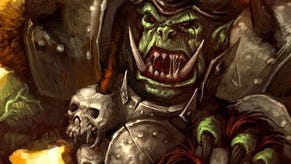The case for WAR
BioWare Mythic on Warhammer, Real ID and the future.
Last month Mythic Entertainment quietly renamed itself as BioWare Mythic, and emerged as one of four BioWare studios currently hard at work making videogame magic happen.
But where does that leave massively multiplayer online role-playing game Warhammer Online: Age of Reckoning? There was a time when the fantasy game was called a World of Warcraft killer. No longer.
Here, Eurogamer speaks to BioWare Mythic general manager Eugene Evans and Warhammer Online producer Carrie Gouskos to find out where Warhammer's at, where it's going, and competing with the behemoth that is World of Warcraft.
It's our goal to keep the experience as mirrored as possible. Specifically, we're now making sure we're more conscious of the time we do various updates, which are now happening simultaneously in the Europe and the US, as opposed to on a time delay, even though it was just by a day. And making sure things are covered in multiple languages.
Personally, in terms of getting to have a little more direct interaction with our European players, that's been one of the big points for me and the team. Making sure we're meeting the needs of the European market, which I've found plays the game somewhat differently and has different perspectives. That's been interesting to engage at that direct level.
The short answer is we have a much more direct relationship with the players now.
Aside from the language needs? I'm still learning. I keep live characters – obviously anonymously – that I play on our live servers, so I can integrate with the players and hear what they're saying directly about the game, as opposed to what they're willing to say in public forums.
I'm not fully integrated with the European communities yet. But one of the biggest examples is that European communities do tend to side towards the bomb group style of play.
They group up with certain specs. Bright Wizards all together, maybe six Bright Wizards in one group, or six Sorcerers, that are bomb specced. They do heavy amounts of AOE, running together – that kind of style of play.
They also play a lot more close quarters than North American players, for whatever reason. We're still trying to figure out a lot of that. But it means we pay attention to the different types of nuances of gameplay.
When we've figured it out we'll either let you know or we won't be telling anybody.
We've come a long way since the expectations of two years ago. For us it has been about centring the game on the players we have and growing that.
Warhammer is in an interesting place. We have a strong user base that loves the game. We get to interact with them in lots of interesting ways. The group now, I feel very comfortable going to and saying, 'Hey guys, I've got some ideas. What do you think?' and really engaging the player base directly and going, 'Help us to make this game the play space you want to enjoy.'
This year I've seen a lot of positive momentum in that area. The communication's been great. The interaction's been great. It's only going to get better with the European players – to be able to interact with devs specifically.
We go through several layers of iteration on features and a lot of it comes early to the players and they can give feedback. There are players who had meaningful impact on the game in that way.
Being able to expand to the European group as well is exciting for us. So for us it's about the growth in the year and how well the game is doing right now. I feel pumped about this game right now.
The important thing is, we're coming up to two years since the game was released. We're still running it. The game is profitable. We have a team that's engaged in it. We're seeing a great response from the community as they rediscover the game.
When we launched we were up against the biggest competitor in the business, and arguably one of the biggest franchises in our business, with World of Warcraft. That was a huge challenge.
We're far from giving up on the game. Here we are two years later, and despite all the naysayers we continue to improve the game.
These games are not defined by the product you have at launch. They're defined by what you do with the game and how you respond to the community.


